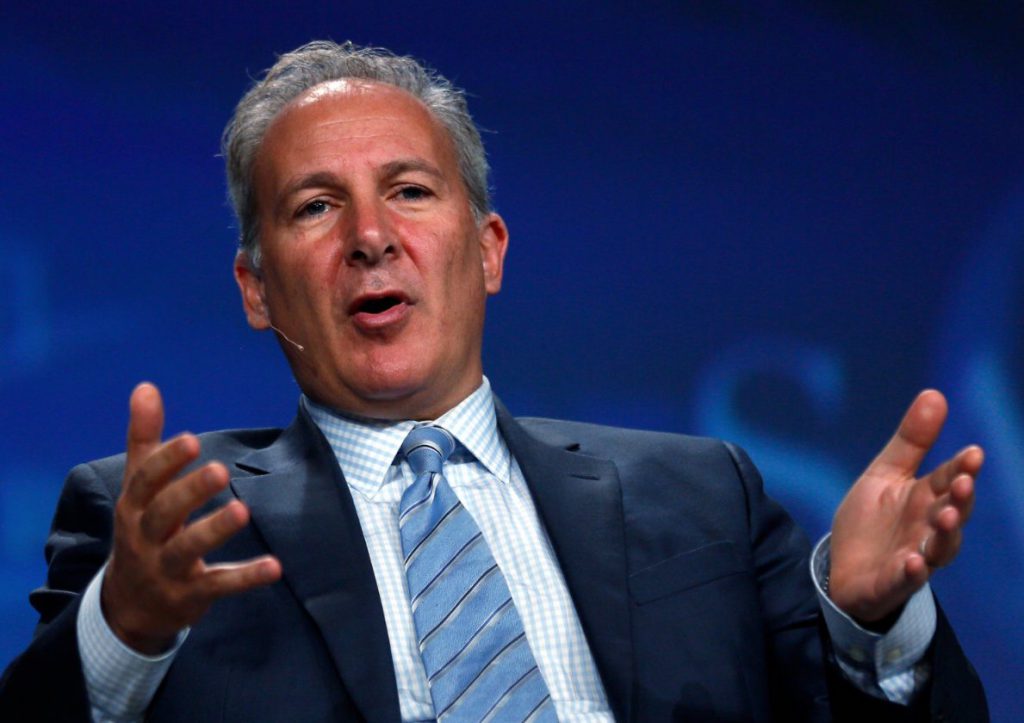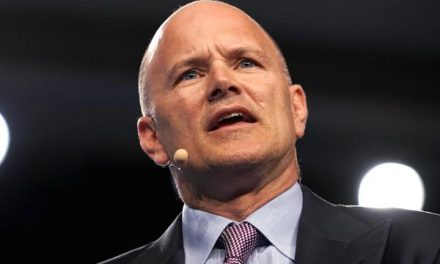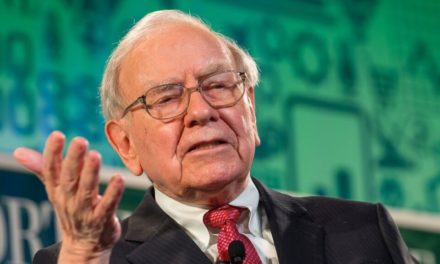Peter Schiff derides the debt ceiling deal, where a bipartisan agreement was reached in principle to lift the debt ceiling in 2025 past the US presidential elections.
Those advocating the deal cite reductions in spending, no new taxes or government programmes, and reign in government overreach.
Both sides need to convince their members to support it to cement the deal, which is highly probable.
Objections could come from the political fringes of the Republican and governing Democratic party members expressing their scepticism on the deal but are unlikely to have sufficient political momentum to frustrate both houses from passing the debt ceiling deal.


“Peter Schiff derides the debt ceiling deal”
WEALTH TRAINING COMPANY
A minuscule cut in nominal spending is why Peter Schiff derides the debt ceiling deal
Washington’s debt deal proposes a -0.2% of GDP cut in nominal spending, pushing total debt to $35 trillion by the end of the Biden administration. The debt ceiling deal is a temporary blip in the long-term US debt trajectory, which has bipartisan support in its hyperinflationary glory. Savers, retirees, and those surviving on fixed incomes are the losers to finance the never-ending trend of more public spending.
So cynics of the debt ceiling deal, Peter Schiff, note that the debt ceiling is smoke and mirrors.
Raising the debt ceiling and going further into debt to buy more imports fuels a twin deficit, the balance of trade and public deficits.

“Raising the debt ceiling and going further into debt to buy more imports fuels a twin deficit, the balance of trade and public deficits”
WEALTH TRAINING COMPANY
Peter Schiff derides the debt ceiling deal as the culprit to higher inflation
“Producing less and borrowing more equals a weaker currency and higher inflation. April’s merchandise trade deficit unexpectedly surged 17% to $96.8 billion, as imports rose 1.8% and exports tanked 5.5%. This evidences a weaker US economy, where Americans collectively produce less and consume more. This also portends a weaker dollar and stronger inflation,” he tweeted in April.
Peter Schiff derides the debt ceiling deal for 2024/2025, a cut of just 0.2% compared with a significant funding boost (almost 10%) approved by Congress last year for FY23.
In other words, overall discretionary spending could be slightly higher in real terms next year despite the new caps
So the “deal” could result in a nominal 0.1% drop in spending for 2023, then it goes back to spending like a drunken sailor where we all pay for it through higher prices.
“This would be the horrible outcome I predicted since this charade began. The debt ceiling will be raised again, without substantive cuts to government spending. This makes a real sovereign debt and US dollar crisis inevitable,” tweeted Peter Schiff May.
“Peter Schiff notes states National Debt might increase by $4 Trillion in the next two years” – Wealth Training Company
How will the debt ceiling deal evolve from here?
First, the Rules Committee is scheduled to vote Tuesday (May 30) on the rule for debate on the debt limit bill.
If all three vote against it, and no Democrat votes in favor, the bill will fail. Goldman believes the Rules Committee is very likely to send the bill onto the House Floor, believing that a majority of the committee will vote for the package even if it takes Democratic support. On rare occasions, the minority party supports the majority party’s efforts in the Rules Committee.
If the Rules Committee passes the bill onto the House floor, the House is scheduled to vote late Wednesday, May 31.
The main source of budgetary savings in the deal is a two-year cap on federal discretionary spending, which accounts for around 25% of total federal spending, with slightly more than half allocated to defence and the remainder to other “non-defence” spending (generally domestic programs outside of the benefit programs)
Spending cuts will be much smaller, which is why Peter Schiff derides the debt ceiling deal
First, the caps apply for only two years, and second, the deal proposes a 0.2% cut of GDP in 2024/25 spending is mitigated by a 10% spending increase in 2023.
Moreover, the deal included other details that lessened the effect of the cuts, particularly in 2024. This includes counting the bill’s rescissions of unused COVID funding
So Peter Schiff notes states National Debt Might Increase by $4 Trillion in the Next Two Years.
Peter Schiff believes the deal fails to address the already inflated budget, which has permitted rises in several budget areas without supervision. So it is this unsupervised spending, which he believes could increase the US national debt by at least $4 trillion in the next two years.
Schiff considers the proposed two-year deal, which is said to suspend the debt ceiling, insufficient, as it allows several budget lines to continue increasing, capping only specific expenses.
“The deal to raise the Debt Ceiling allows military and entitlement spending to increase and only caps discretionary spending at 2023 levels for two years. As 2023 spending is excessive, this guarantees the National Debt rises at least another $4 trillion over those two years!” he tweeted.
“The reason POTUS and Speaker McCarthy agreed to suspend the debt ceiling, rather than to raise it, is to ensure the debt doesn’t hit the ceiling during the 2 years. Achieving this by way of an increase would require a record $5 trillion hike, far too embarrassing to vote for,!” – Peter Schiff
Suspension versus Raise
Schiff also gave his reasoning for Democrats and Republicans approving a debt suspension deal instead of a determined limit raise for the next two years.
“The reason POTUS and Speaker McCarthy agreed to suspend the debt ceiling, rather than to raise it, is to ensure the debt doesn’t hit the ceiling during the 2 years. Achieving this by way of an increase would require a record $5 trillion hike, far too embarrassing to vote for,!” he tweeted.
Peter Schiff derides the debt ceiling deal as a charade duping the public and investors into believing the debt is under control
But a US debt ceiling deal is less bad than the EU’s conference Beyond Growth, where EU policymakers applauded policies reducing growth and consumption and advocated a Universal basic income. That is going to be a hard sell for euro bond investors.
So in the age of madness, the dollar still looks good.
“America was founded by rugged individuals who created a government to secure their rights and leave them alone. Americans today want the government to violate other people’s rights, steal their stuff, and give it to them. The home of the free has become the land of the freeloader,” tweeted Peter Schiff May
















